
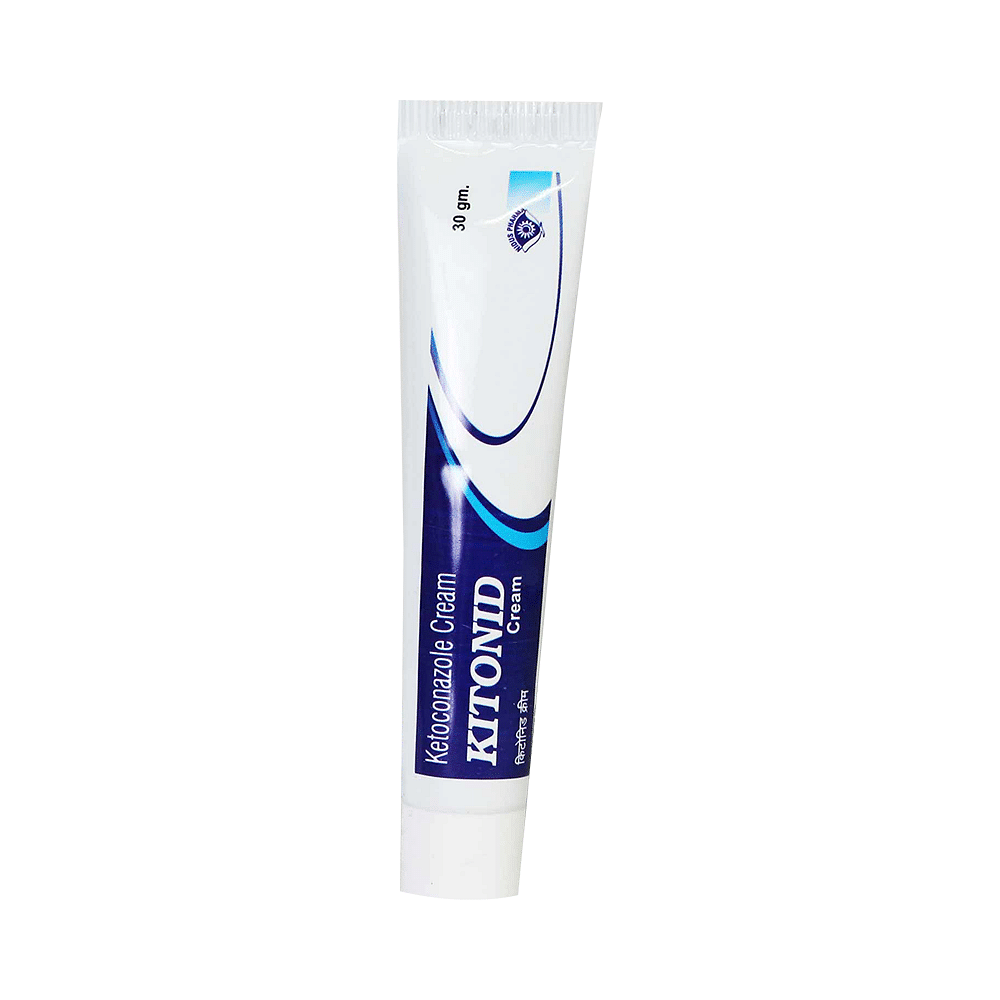
Kitonid Cream
Manufacturer
Nidus Pharma Pvt Ltd
Salt Composition
Ketoconazole (2% w/w)
Key Information
Short Description
Kitonid Cream is an antifungal medication used to treat fungal infections of the skin, such as athlete's foot, thrush, and ringworm.
Dosage Form
Cream
Introduction
Kitonid Cream belongs to a group of medicines called antifungals. It is used to treat fungal infections of the skin. It works by killing the fungus that causes infections such as athlete's foot, thrush and ringworm.
Directions for Use
This medicine is for external use only. Use it in the dose and duration as advised by your doctor. Check the label for directions before use. Clean and dry the affected area and apply the cream. Wash your hands after applying unless hands are the affected area.
Safety Information
Side Effects
No common side effects listed.
Alcohol Warning
No interaction found/established
Breastfeeding Warning
Information regarding the use of Kitonid Cream during breastfeeding is not available. Please consult your doctor.
Pregnancy Warning
Kitonid Cream may be unsafe to use during pregnancy. Although there are limited studies in humans, animal studies have shown harmful effects on the developing baby. Your doctor will weigh the benefits and any potential risks before prescribing it to you. Please consult your doctor.
Interacting Medicines
Alfuzosin Amisulpride Aripiprazole Astemizole
How it works
Kitonid Cream is an antifungal medication. It kills and stops the growth of the fungi by destroying its cell membrane thereby treating your skin infection.
Quick Tips
Keep your feet clean and dry Cut your nails short and prefer open-toe shoes for everyday use. Use a separate clean towel for the feet and wear clean cotton socks. Never share your socks, shoes, and towel with others. Finish the full course of treatment even if you feel better.
Related Medicines

Ketoford Cream
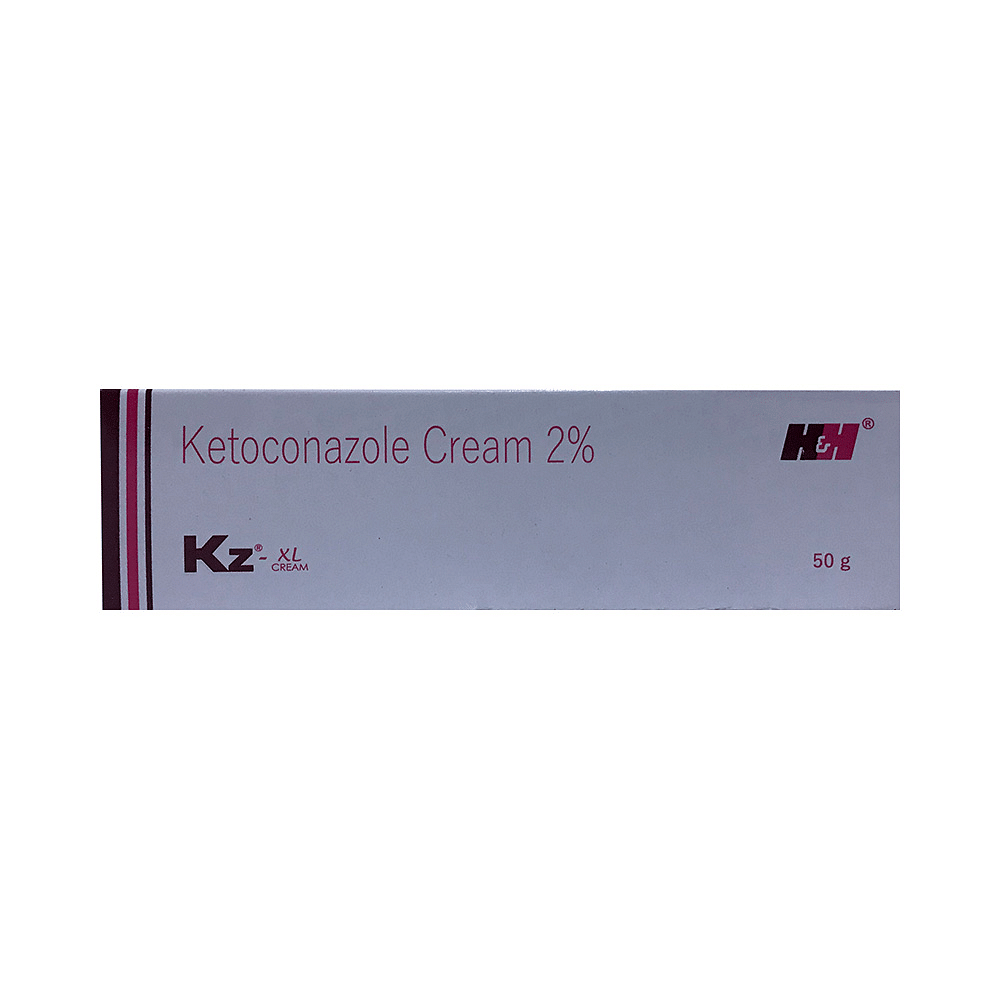
KZ-XL Cream
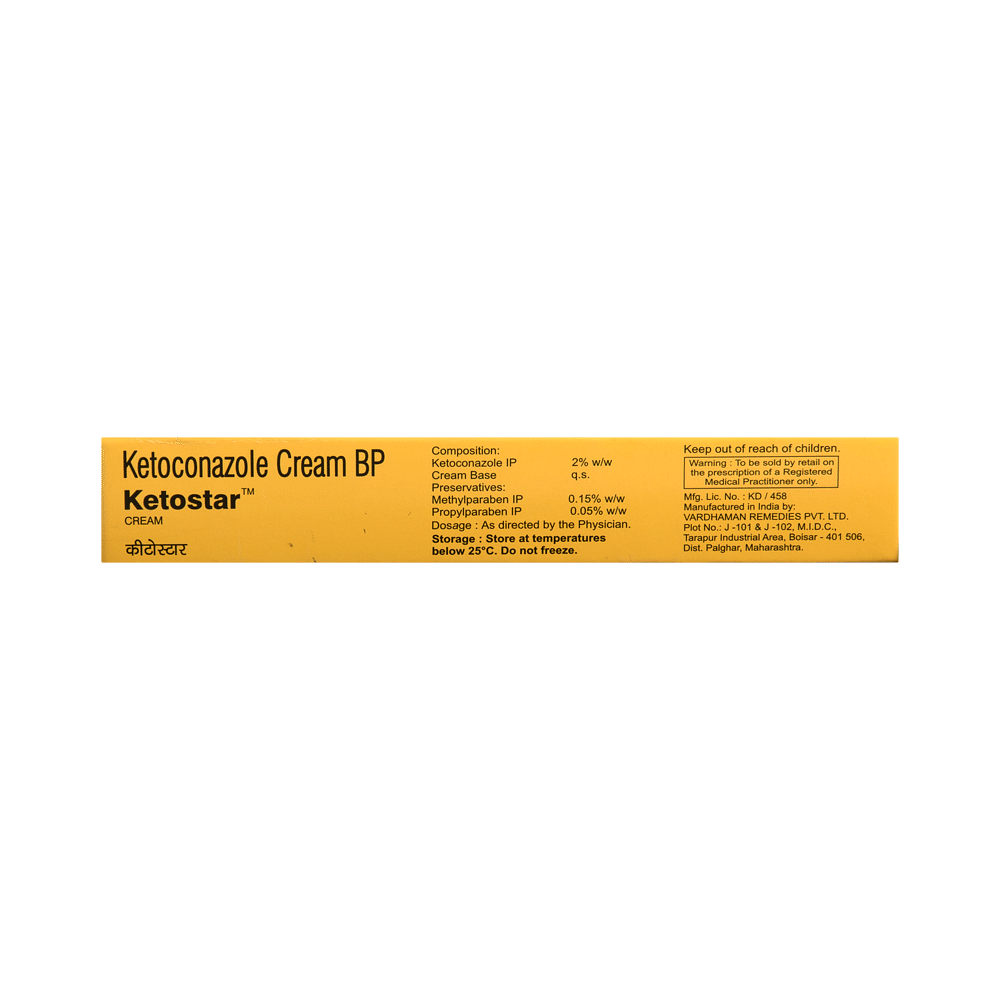
Ketostar Cream

Konaz Antifungal Cream

Czar Cream

Ketobenz Cream
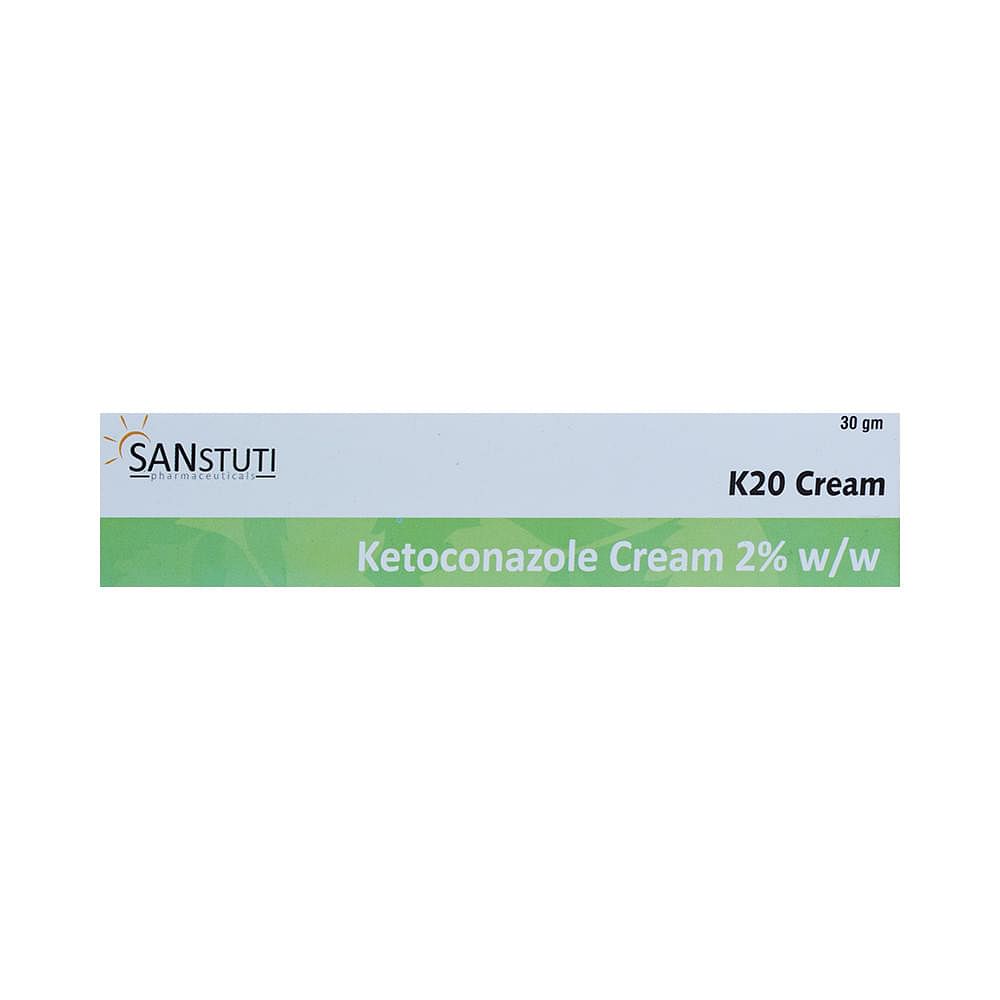
K20 Cream

ZyKT Cream

NTF 2% Cream
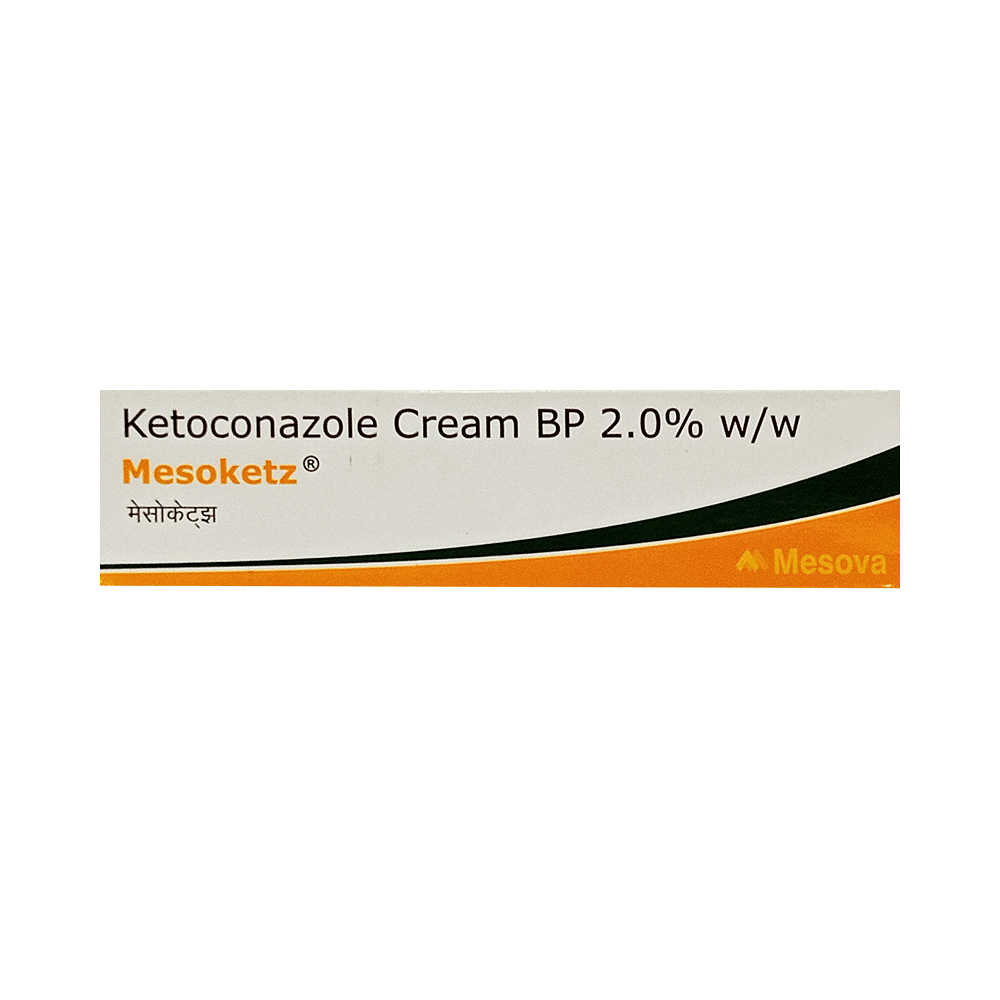
Mesoketz Cream
Frequently asked questions
What is Kitonid Cream used for?
Kitonid Cream is a topical antifungal medication used to treat skin infections, including athlete's foot, jock itch, and sweat rash (infected with yeast). It also treats candida infections of the skin and nails. It helps relieve the itching caused by these fungal infections.
Is Kitonid Cream a steroid cream?
No, Kitonid Cream is not a steroid cream. It belongs to the imidazole class of medications and works by killing fungi or preventing their growth.
What are the side effects of Kitonid Cream?
Common side effects include burning, redness, and itching at the application site. Uncommon side effects may include discomfort, dryness, bleeding, severe allergic reactions (hives), rash, skin exfoliation, sticky skin, prickling sensation, or inflammation.
Can I use a steroid cream along with Kitonid Cream?
It is recommended to apply a mild steroid ointment like hydrocortisone cream/ointment in the morning and use Kitonid Cream in the evening. Gradually discontinue the steroid cream after 2-3 weeks. However, if you have used a potent corticosteroid for seborrheic dermatitis, wait at least two weeks before applying Kitonid Cream to avoid skin sensitization.
How should I apply Kitonid Cream?
Wash the affected area thoroughly with water and then dry it. Wash your hands carefully (until and unless your hands are also affected) after applying Kitonid Cream to prevent spreading of infection.
For how long do I need to use Kitonid Cream?
Use Kitonid Cream for the duration prescribed by your healthcare provider. Generally, it is used for 2-4 weeks for jock itch and sweat rash, and 2-6 weeks for athlete's foot. Do not stop using it even if symptoms disappear because the infection may return if not properly treated.
What should I do if I forget to use Kitonid Cream?
If you miss a dose of Kitonid Cream, continue with the medication as soon as you remember. If you are unsure, consult your healthcare provider for guidance.


